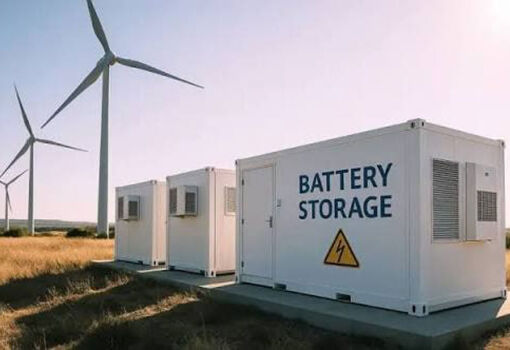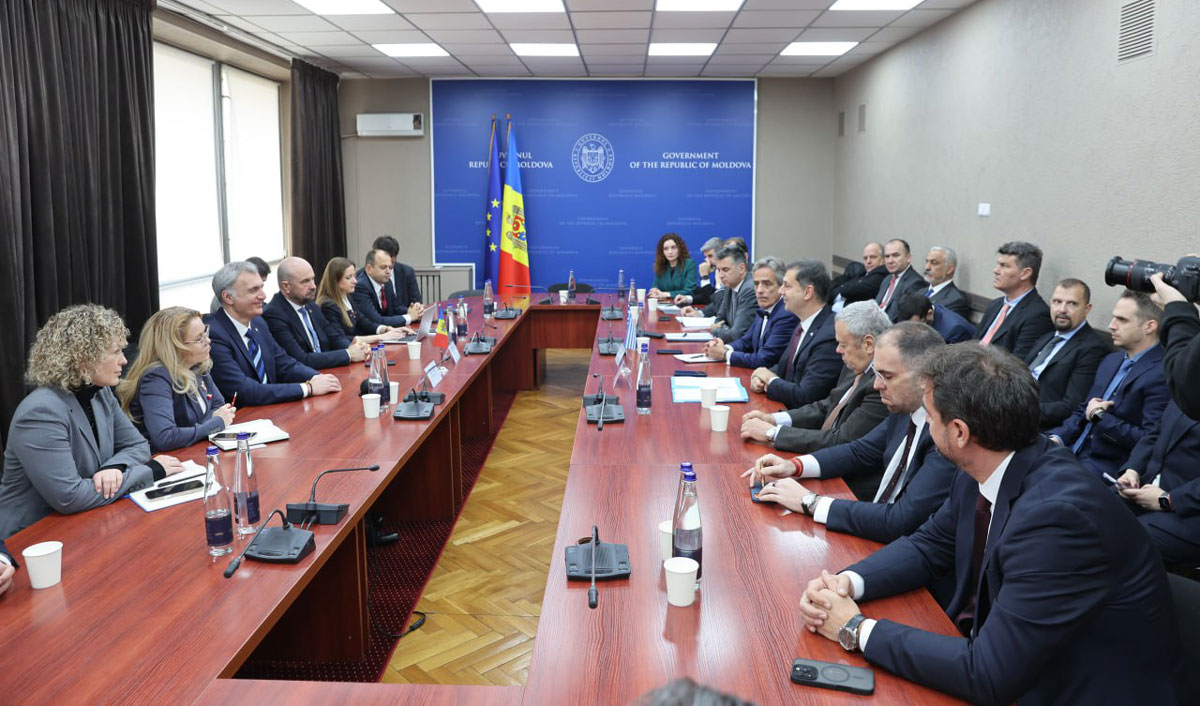
The agreement was reached at a meeting between representatives of the ministry and the Moldovan wine sector on August 11 to discuss the negotiating position and possible transitional periods concerning the winemakers’ activity in the context of the European integration process.
The meeting was part of a series of consultations initiated by MAIA with the relevant associations on the issue of representing the interests of the agro-industrial sector in the negotiation process with the European Commission.
According to the MAIA press release, the discussions raised a number of sensitive issues related to the transposition of European legislation into national legislation that may have a direct impact on the activities of entrepreneurs in the wine sector. In addition to the cross-cutting requirements in Chapter 12 on food safety and phytosanitary standards, Chapter 11 provisions for which it is proposed to request transitional periods were also discussed.
In this regard, the ministry agreed with winemakers to request a transition period of up to 10 years to expand the area planted with technical grape varieties, with an annual increase of 3% of the total planted area officially reported in July 2024. The proposal differs from the 1% limit applied to EU Member States and aims to renew inefficient plantations cultivated with unproductive varieties and outdated technologies.
According to the National Bureau of Statistics, the total area cultivated with technical grape varieties in Moldova is estimated at about 110 thousand hectares.
Also discussed was the possibility of requesting a transition period for the gradual elimination of hybrid grape varieties prohibited by EU legislation. Of the six hybrid grape varieties banned by the European norms, two varieties, Isabella and Noa, are cultivated in Moldova. Their area is about 5000 hectares.
MAIA Deputy Secretary General Inna Butuchel urged the associations and entrepreneurs of the wine sector to formulate the problems and sensitive aspects they may face in the process of compliance with the European requirements, in order to be able to elaborate reasoned positions in the dialog with the European Commission.
At the same time, she explained that delays in the transposition of European regulations could affect access to support funds and the European market.













